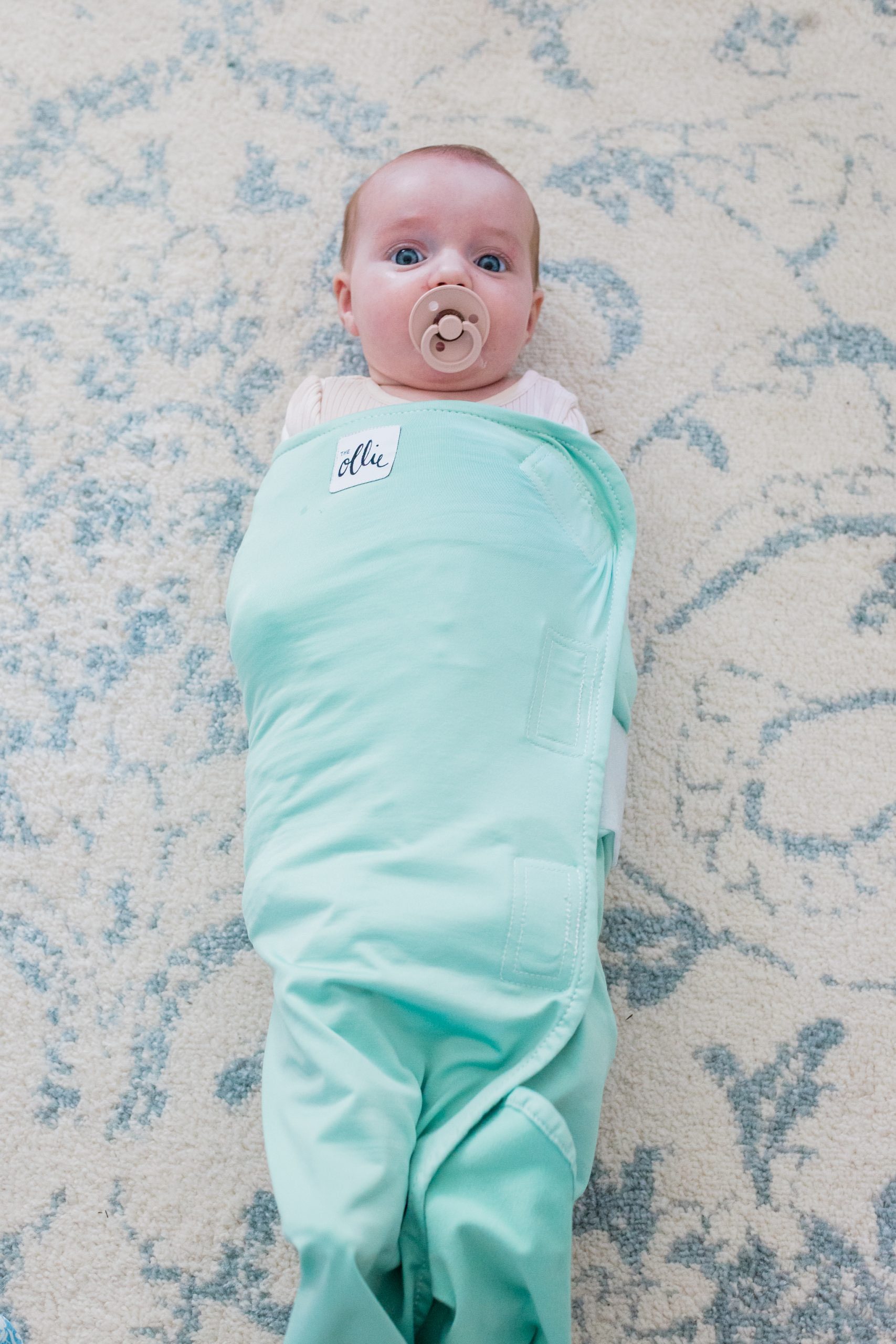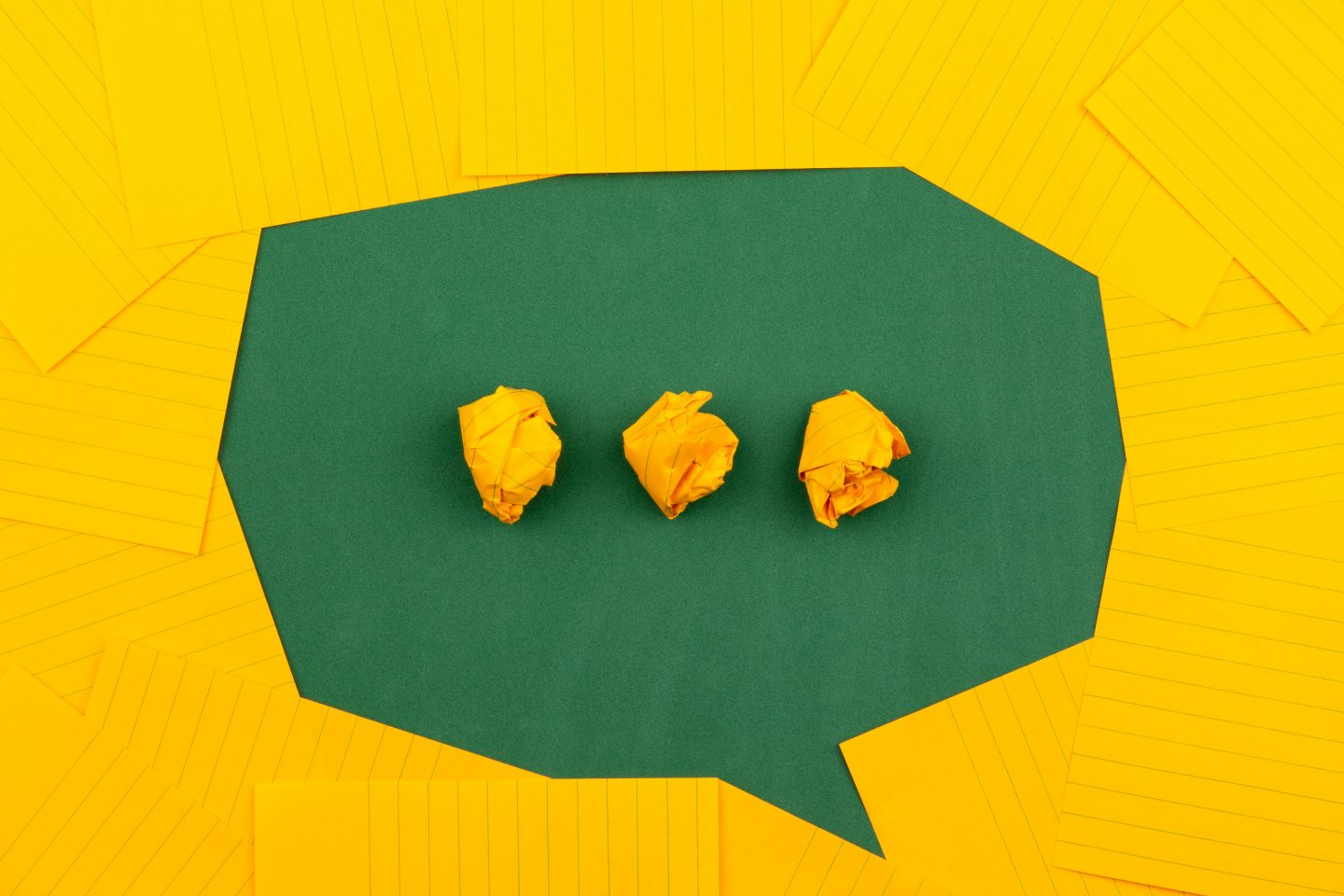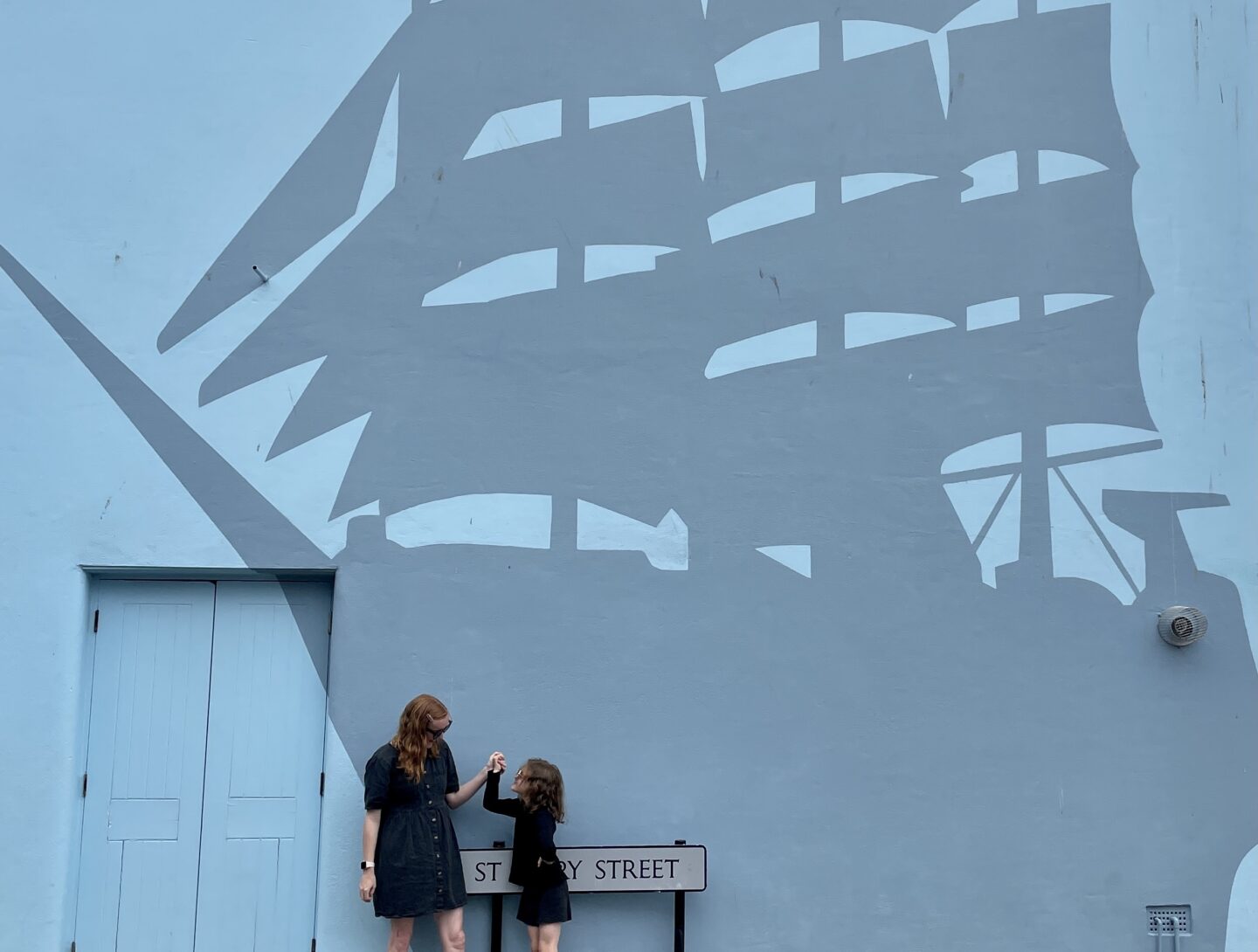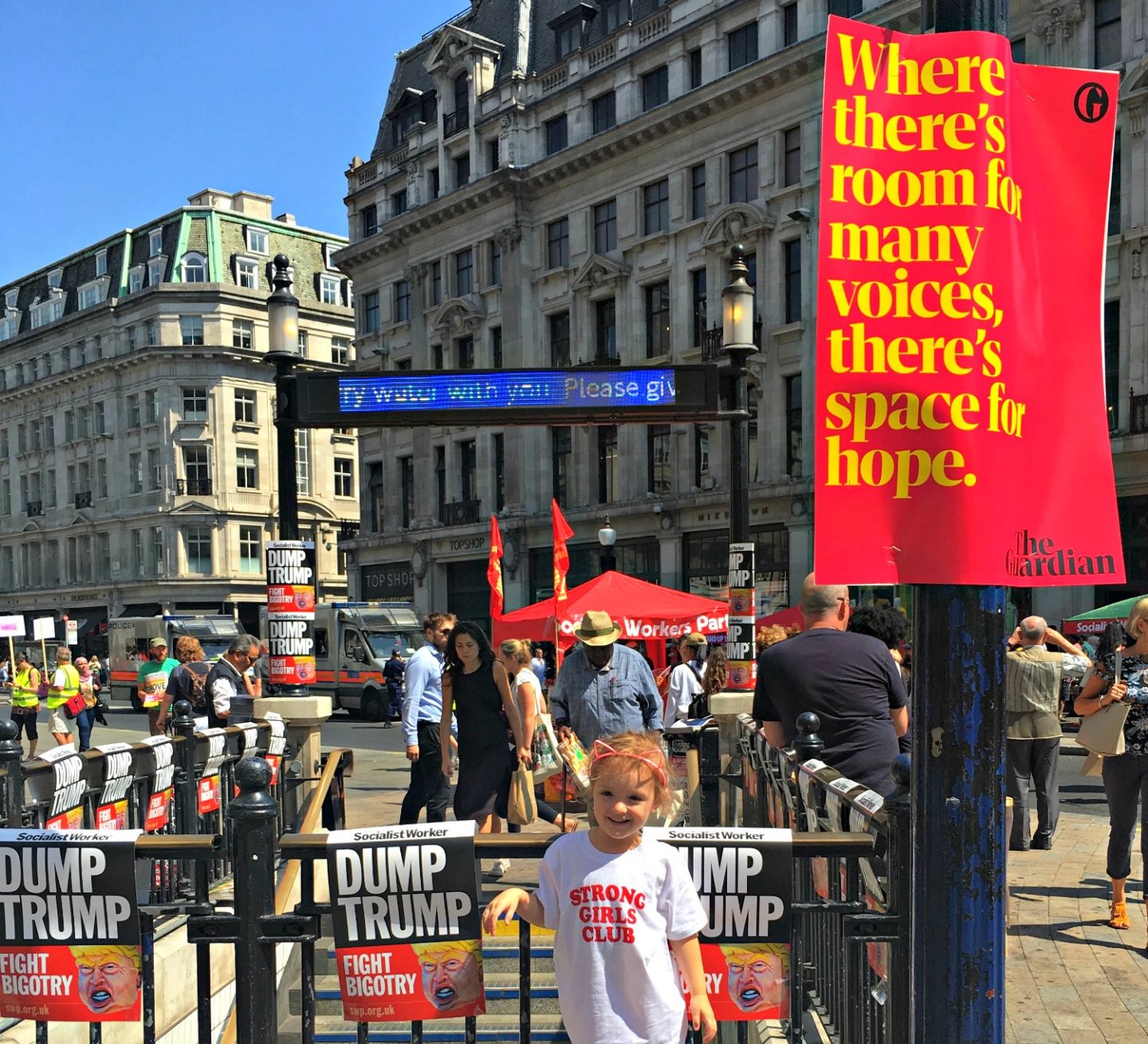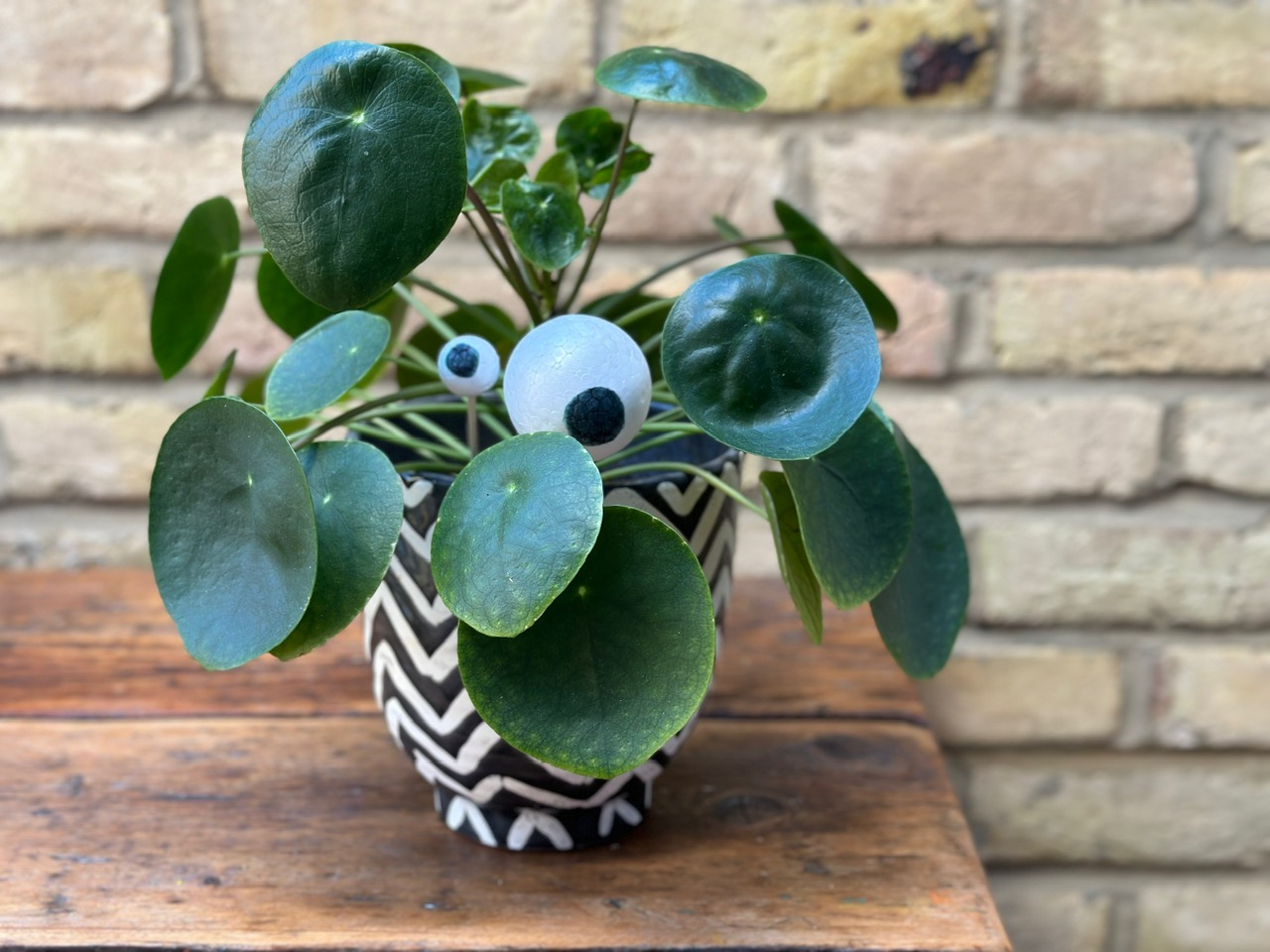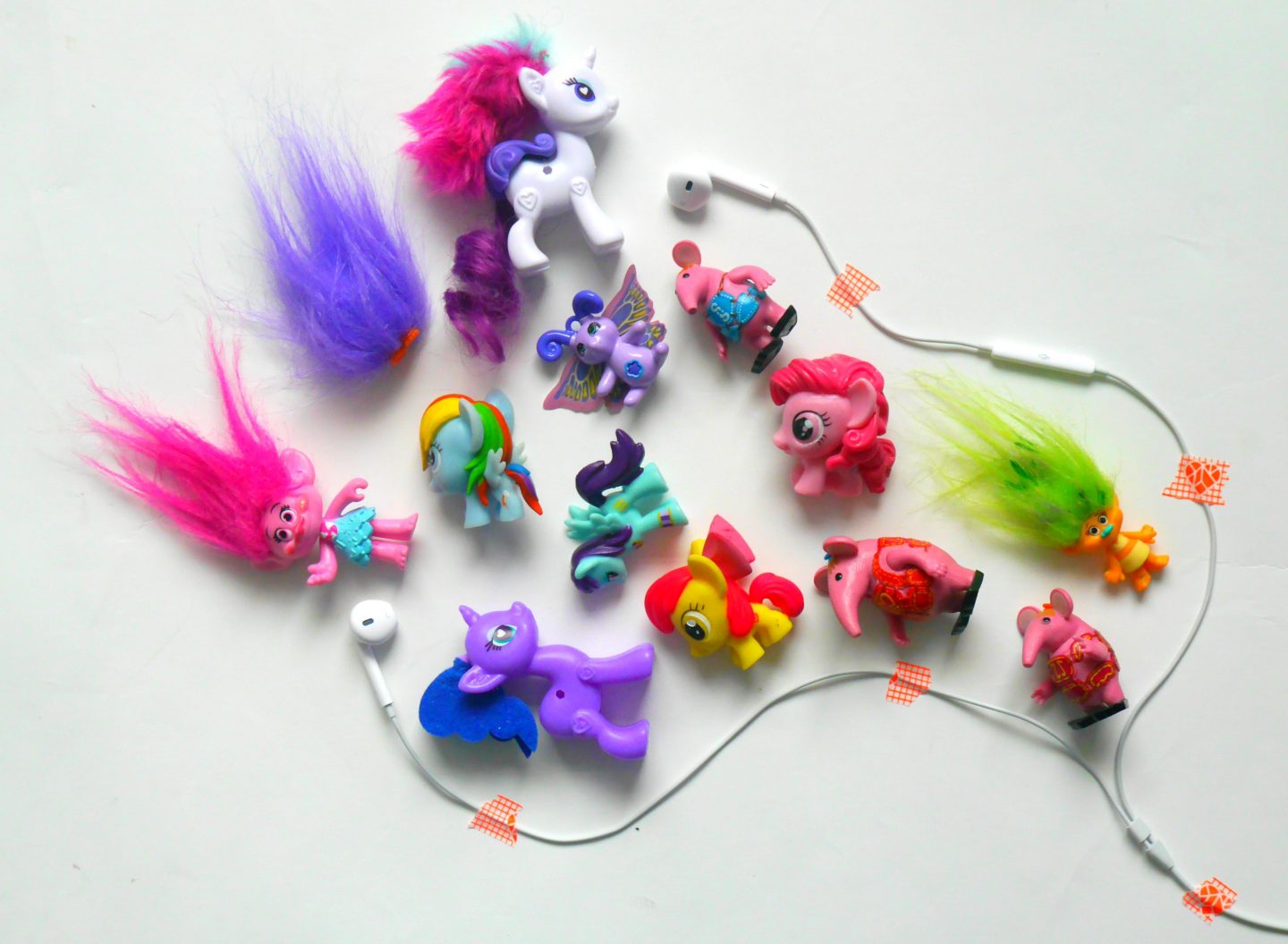How to talk to children about coronavirus…here’s what we’re saying about COVID-19 and the corona virus to our kids…
How to talk to children about Coronavirus
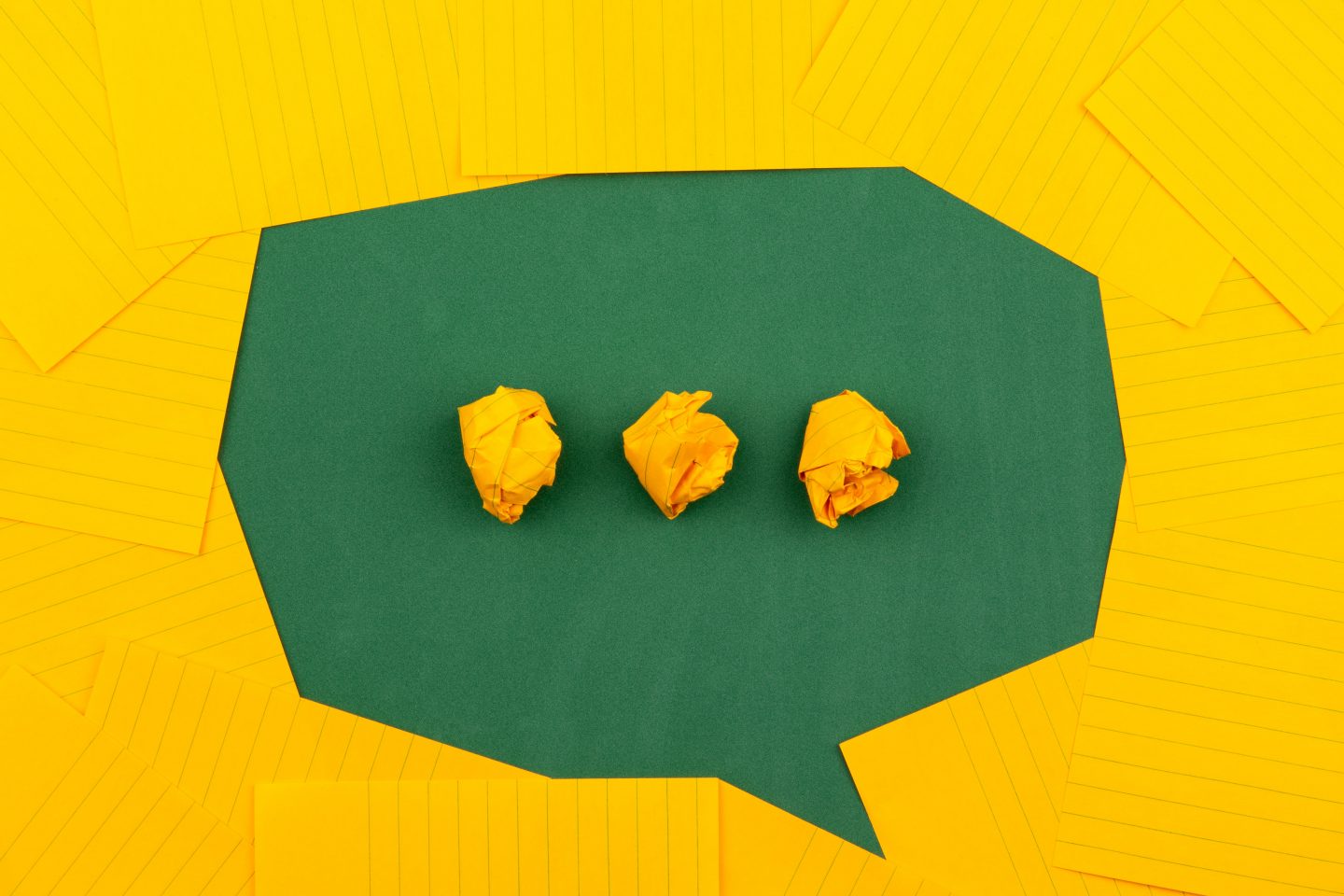
How do you talk to your children about coronavirus? I wanted to write this post as the Corona virus / COVID-19 to is something we’ve been talking about a lot at home, which I imagine is the same everywhere.
And it’s a tricky and slightly terrifying topic even for adults, right?
Obviously it’s a serious, constantly evolving situation – and it goes without saying to only follow health advice from experts and the NHS, news from trusted news sources like the BBC, and Newsround for children (and to wash your hands!)
Talking to children about the corona virus
Are your kids talking about it a lot? Mine are. A lot. It doesn’t help that we recently visited the Florence Nightingale Museum which had an exhibition on the Spanish Flu, which means they have slightly more context to put it in.
A lot of the advice on talking to kids about coronavirus I’ve seen is quite general, or related to parents with older kids with access to phones, so I wanted to talk about how we’re discussing it with my two curious kids, who are 5 and 8 (so both at school).
Know that they will already know about the coronavirus
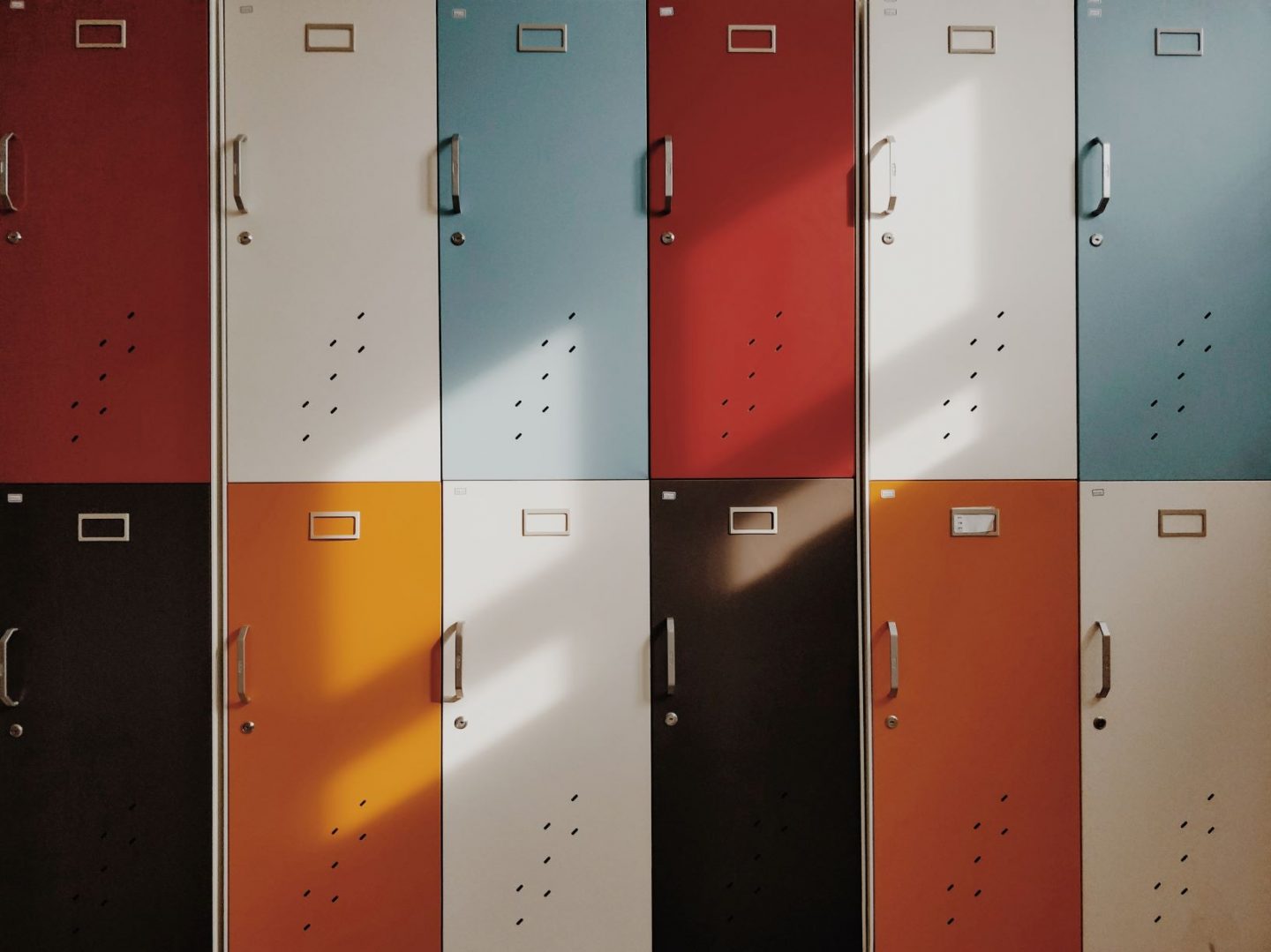
- A lot of my parenting is based on the advice someone once told me of ‘let the questions come to you.’ Obviously this won’t always be the best advice in every circumstance, but as mum to two mildly anxious children I initially thought it was wise in this instance, way back in January.
- And then the children all came home talking about it as there are Public Health England advice posters in their school (and now they’re everywhere, the shops, the gym, and so on). They weren’t scared, just very matter of fact. But they knew, as did their friends.
- We’ve also made recent trips on public transport – both into London and further afield – where a couple of people were wearing masks, and the children are incredibly aware of this and pointed it out every time. It’s pretty hard to avoid.
And also:
Know that they will be talking about it
- They know, their friends know, it’s something they’ve discussed at school and are chatting about in the playground, obviously. Kids will chat, and don’t often know the whole truth, so it’s best to address it with them head on.
So!
Find out what they know (and gently correct myths)
It’s good to find out what they know so you know what to base conversations on, so ask them first. Often they will have heard wildly incorrect and exaggerated things e.g. one of the girl’s friends said to me ‘Do you know a thousand people have it in London?’ So, this is a good place to start to correct facts, reassure and make sure they have the right – appropriate – information.
Encourage conversation, don’t stop it
- This is true with everything, but if they want to chat we chat – I don’t try and brush it under the carpet or tell them they’re being silly or minimalize any potential fears. I try and ask them what they think / feel about it.
- I’ve told mine that a lot of cases of the virus have been mild, like having a cold, and children don’t seem to have been affected, and most importantly that we have amazing doctors who work to help all people and make them better.
- Be open and honest. Again, it’s easier to address what they’re talking about and actually answer their questions as normal. It’s just with a slightly different issue.
- Also – try not to project your own anxieties on to them (I’m talking to myself, here. Working really hard on this one, and it’s partly why I wanted to write this post).
Talk about what they can do and control
- I find if my two are anxious about something it helps to talk practical things they can do, such as hand washing (while singing Happy Birthday twice – CBeebies has some good advice here. You can also tell them to sing the rude / silly version, which will make it more fun, OR sing a couple of verses of Baby Shark).
- We also try to model handwashing – their dad commutes, so every time he comes home we make a big deal of him washing his hands.
- We’ve also talked about not touching your face, coughing into your elbow or a tissue.
- On a trip into central London last weekend on the train, tube and bus (to see Andy), we used hand sanitiser after public transport then washed hands as soon as we were near a sink, so we talked about why that is important.
And finally:
Encourage kindness
- It goes without saying! But there have been examples of awful, inexcusably racist incidents against children and adults.
- I’ve emphasised that it’s not linked to specific countries or groups of people, and if anyone mentions this or is mean to anyone, to tell a teacher.
More resources around corona virus for children
- Save the Children has resources and more tips on talking to your children about coronavirus here
- Newsround has a great selection of age-appropriate videos on coronavirus here – including one on washing hands properly, advice on addressing fears and videos about not going to school because of it.
- The always-excellent CBeebies has some great handwashing tips including this video using one of the characters.


